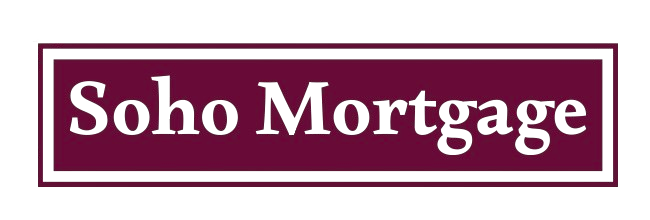Wine cellars are a luxurious and specialized feature that can add significant appeal and value to a property. However, when it comes to financing, properties with wine cellars can present unique considerations for both buyers and lenders. Understanding how having a wine cellar impacts the mortgage process can help you make informed decisions and secure the financing you need.
What is a Wine Cellar?
A wine cellar is a designated space within a home specifically designed for storing and aging wine. It typically includes controlled temperature and humidity conditions to ensure optimal preservation of wine. Wine cellars can range from modest rooms to elaborate underground vaults.
How Wine Cellars Impact Mortgage Approval
- Property Appraisal
- Value Addition: Wine cellars can add significant value to a property, particularly in markets where they are highly desirable. An appraisal will account for the wine cellar’s quality, size, and design, which can positively influence the property’s overall valuation.
- Unique Features: Appraisers may need to consider the cost of construction and the impact on property value, as specialized features like wine cellars can be more difficult to appraise compared to standard home features.
- Insurance Considerations
- Increased Coverage: Properties with wine cellars may require additional insurance coverage to protect against risks such as temperature fluctuations or damage. This can impact the overall cost of homeownership and may indirectly affect mortgage terms.
- Specialized Insurance: Some insurance policies may offer coverage specifically for wine collections, which could be a factor in determining the overall cost and insurability of the property.
- Maintenance and Upkeep
- Additional Costs: Maintaining a wine cellar involves ensuring proper climate control, which can lead to higher utility costs and maintenance expenses. Lenders may consider these additional costs when assessing your overall financial stability.
- Potential Repairs: If the wine cellar is not in good condition, it may require costly repairs or upgrades, which could impact your budget and loan approval process.
- Market Appeal
- Desirability: In some markets, a wine cellar can be a highly desirable feature, attracting buyers who are willing to pay a premium. This can positively influence the property’s marketability and potentially benefit your mortgage terms.
- Target Audience: Lenders and appraisers may take into account the property’s appeal to a niche market. Properties with unique features like wine cellars may be evaluated differently based on local demand.
Financing Options for Properties with Wine Cellars
- Conventional Mortgages
- Standard Loans: Conventional mortgages can be used to finance properties with wine cellars. Lenders will evaluate the overall property value, including the wine cellar, when determining loan terms.
- Higher Value Considerations: If the wine cellar significantly increases the property value, it may impact the loan-to-value (LTV) ratio and require a larger down payment.
- FHA Loans
- Eligibility: Federal Housing Administration (FHA) loans can be used for properties with wine cellars, provided the property meets FHA requirements. The wine cellar will be considered part of the overall property appraisal.
- Additional Costs: FHA loans may have specific requirements for property condition and value, so it’s important to ensure the wine cellar complies with these standards.
- VA Loans
- Loan Benefits: Veterans Affairs (VA) loans can also be used for properties with wine cellars, as long as the property meets VA standards. The wine cellar’s impact on the property value and appraisal will be considered.
- Property Condition: VA appraisers will assess the condition and quality of the wine cellar as part of their evaluation.
- Specialized Financing
- Luxury Property Loans: For high-value properties with elaborate wine cellars, luxury or high-net-worth lending options may be available. These loans cater to unique property features and higher loan amounts.
- Renovation Loans: If you are considering adding or upgrading a wine cellar, renovation loans like Fannie Mae HomeStyle or FHA 203(k) can help finance the improvements.
Tips for Financing a Property with a Wine Cellar
- Work with Specialized Experts: Consult with real estate agents, mortgage brokers, and appraisers who have experience with luxury properties and unique features like wine cellars.
- Prepare for Higher Costs: Budget for additional costs related to maintaining and insuring the wine cellar. Consider how these expenses might impact your overall mortgage affordability.
- Provide Detailed Information: When applying for a mortgage, provide detailed information about the wine cellar, including its construction, maintenance, and value. This can help appraisers and lenders understand its impact on the property’s value.
- Explore Insurance Options: Ensure you have adequate insurance coverage for the wine cellar and its contents. This will protect your investment and help avoid potential issues with mortgage approval.
Conclusion
A wine cellar can be a valuable and desirable feature that enhances a property’s appeal and market value. However, it also introduces unique considerations in the mortgage process, including appraisal, insurance, and maintenance costs. By understanding these factors and working with experts, you can navigate the financing process effectively and make the most of your property’s unique features.

